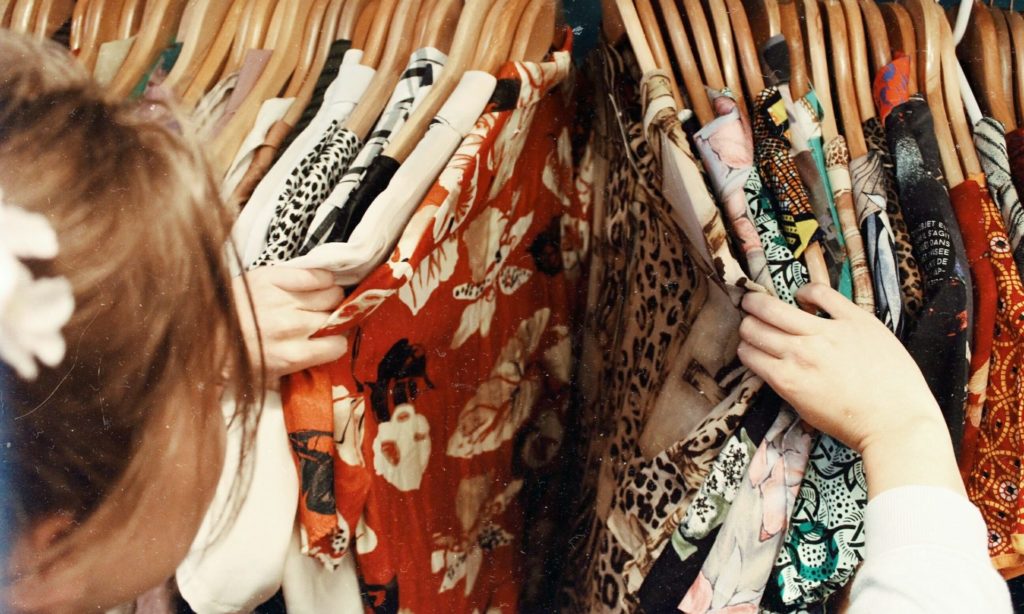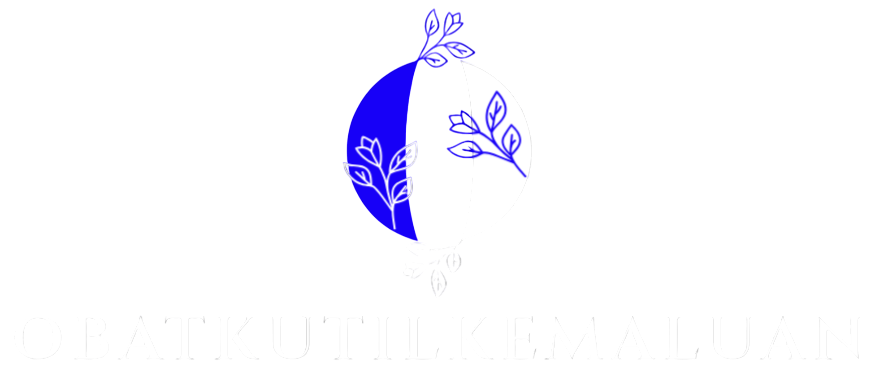Innovative Solutions for the Fabric Industry: The Role of Business Matchmaking

The fabric industry is one of the oldest and most dynamic sectors in the global economy. Driven by consumer tastes, technological developments, and worldwide trade, the sector has changed dramatically from conventional textiles to modern materials. The business matchmaking has become a creative answer in this competitive environment, tying buyers, suppliers, manufacturers, and designers in the fabric sector together to spur innovation and expansion.
What is business matchmaking?
Business matchmaking is the methodical process of matching companies with complimentary requirements or common objectives. Whether they are manufacturers searching for raw material suppliers, suppliers looking for buyers, or designers in quest of premium fabrics, it serves as a link between companies. Matchmaking sites and events make use of professional networks, industry knowledge, and technology to establish significant relationships benefiting all the participants.
Addressing Key Challenges in the Fabric Industry
Among the various difficulties the fabric business must deal with are changing demand, disrupted supply chains, and the need for sustainable practices. This offers creative answers to these problems by:
Improving Supply Chain Efficiency:
Business matchmaking systems enable suppliers and manufacturers to choose dependable partners. Common in the textile sector, this lowers supply chain disturbance, guarantees constant quality, and cuts lead times.

Encouraging sustainable practices:
A rising issue in the fabric business is sustainability. Business matching helps businesses find environmentally friendly material providers so they may satisfy consumer demand for greener goods. It also promotes cooperation between companies and environmental-minded groups.
Facilitating Global Market Access:
Lack of relationships or knowledge of local needs causes fabric producers great trouble getting into foreign markets. Matchmaking companies give a stage for worldwide buyers and distributors, therefore hastening the growth of the market.
Fostering Innovation:
From smart textiles to sustainable fibers, the fabric business lives on creativity. Matching helps designers, manufacturers, and technology companies form alliances that promote the creation of fresh ideas and techniques.
The Role of Technology in Business Matchmaking
The matchmaking process has been transformed by technology, which also increases access and efficiency. Using artificial intelligence and data analytics, online matchmaking sites connect companies based on their needs, interests, and capacity. For instance, a fabric provider focused on organic cotton can be paired with companies looking for environmentally friendly materials, therefore benefiting both of them.
Future Trends in Business Matchmaking for Fabric
As technology develops and the sector gets increasingly linked, the function of business matchmaking in the fabric industry will keep growing. Machine learning and artificial intelligence are supposed to improve matchmaking systems, hence offering even more exact and customized relationships. Furthermore, especially in guaranteeing ethical sourcing and sustainability, the inclusion of blockchain technology can provide partnerships with openness and confidence.
Through bridging gaps, encouraging innovation, and promoting sustainability, business matching is changing the fabric sector. It presents a calculated way to overcome obstacles and grab possibilities in a market always changing. This enables fabric industry enterprises to flourish in a competitive worldwide scene by means of supplier contacts, market access, or the development of innovative materials. The possibilities for this creative way to define the direction of fabrics are infinite as long as technology develops.







